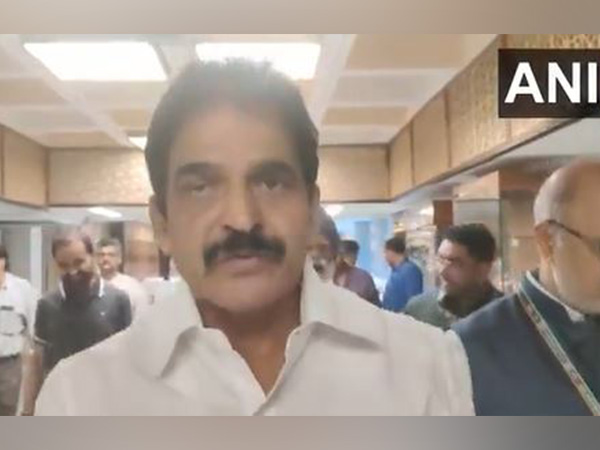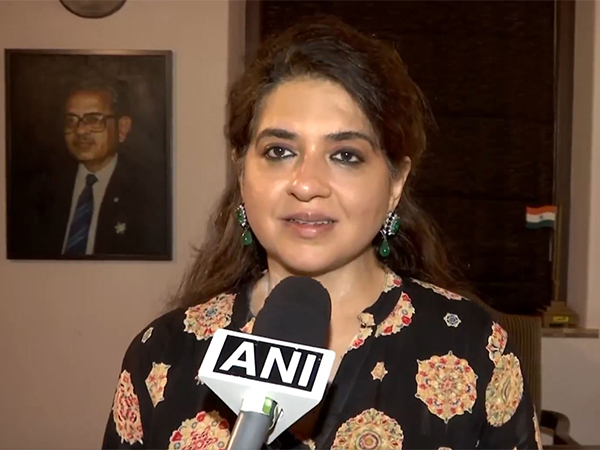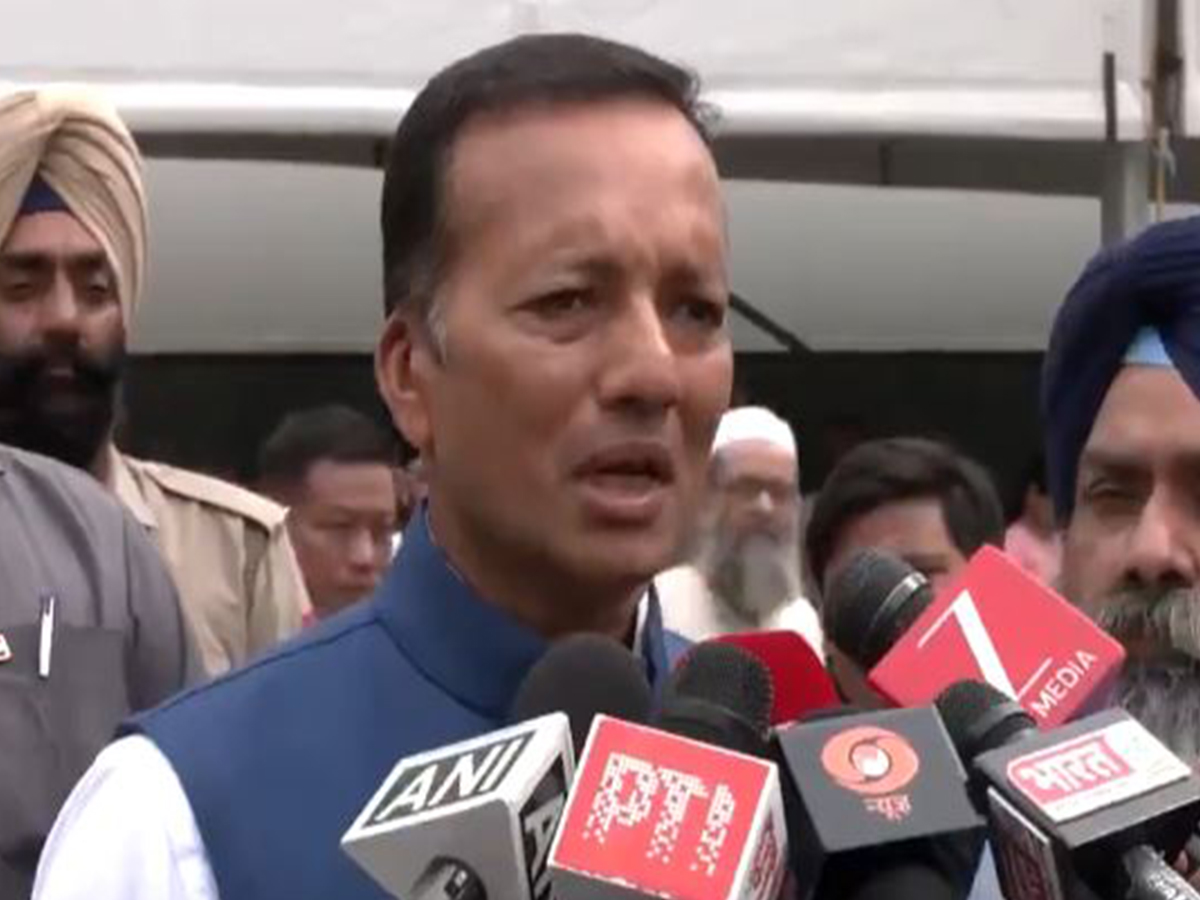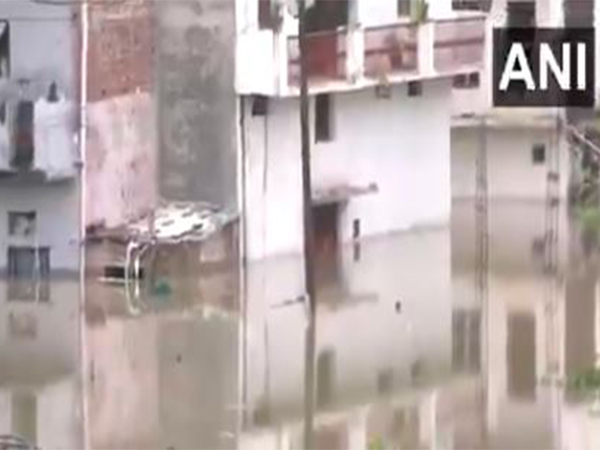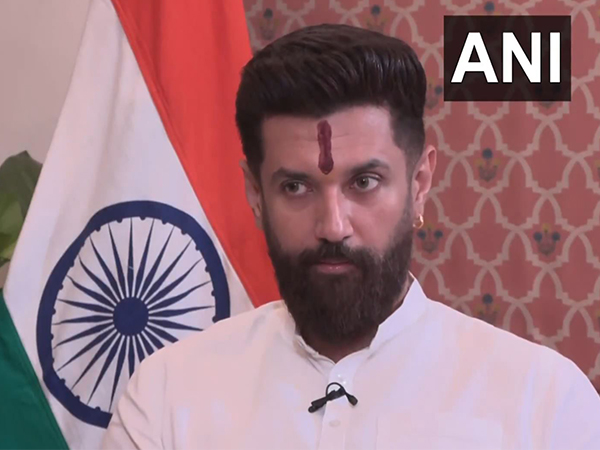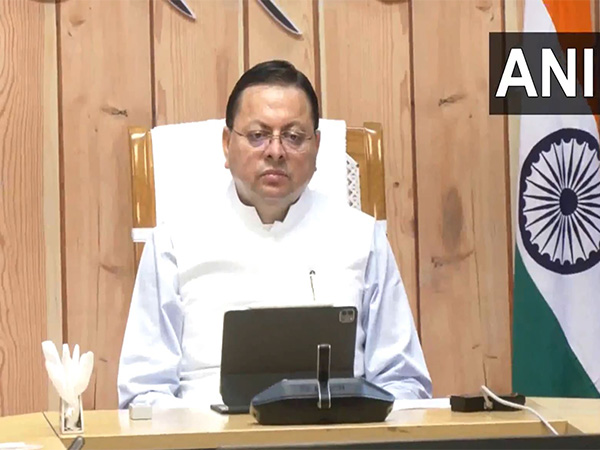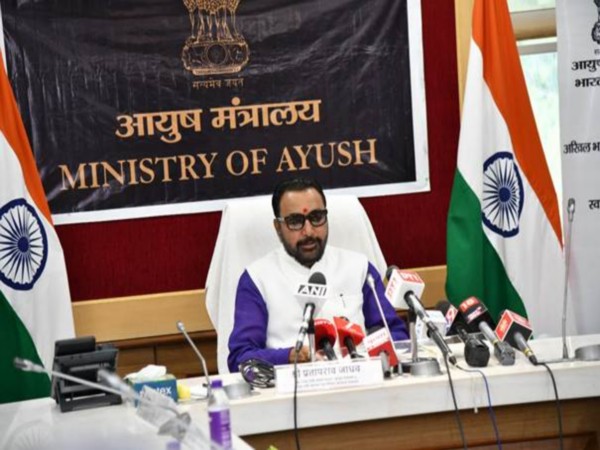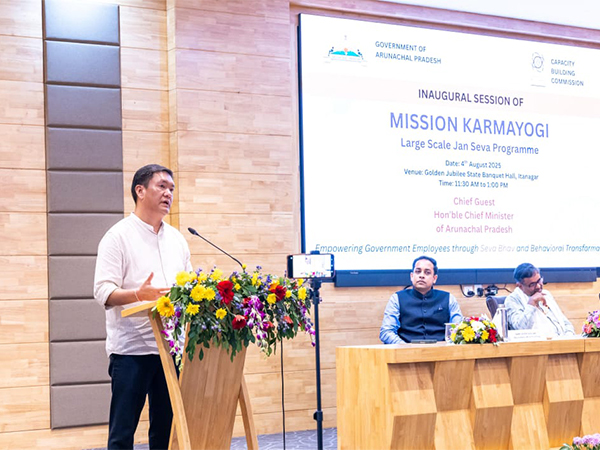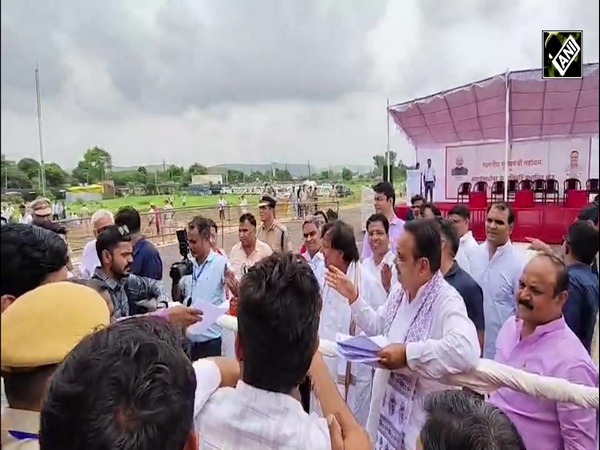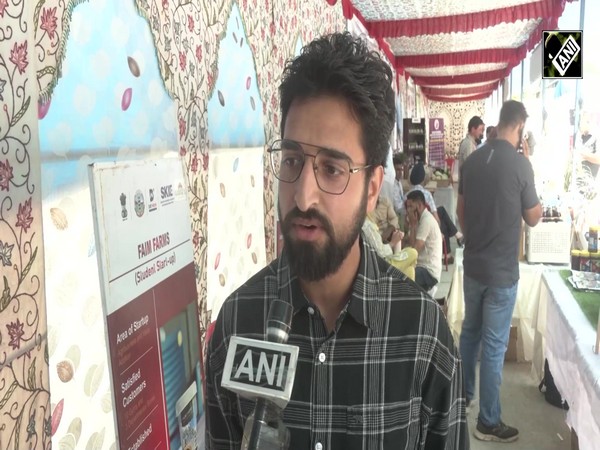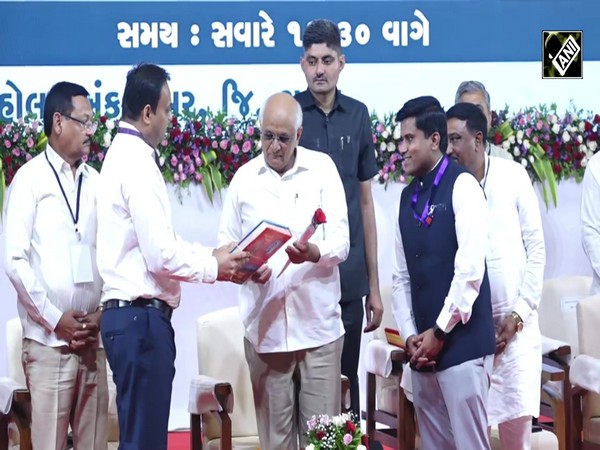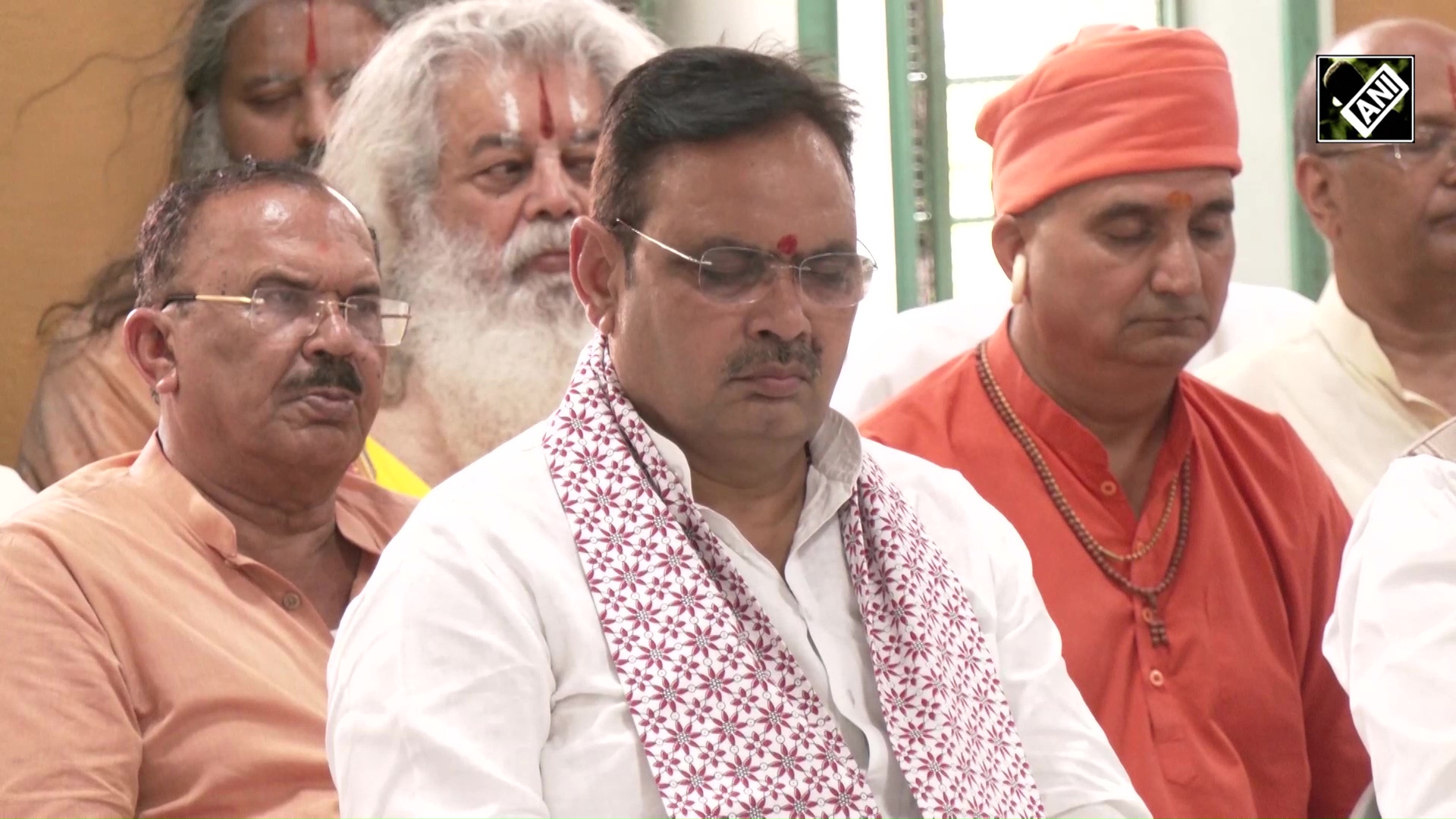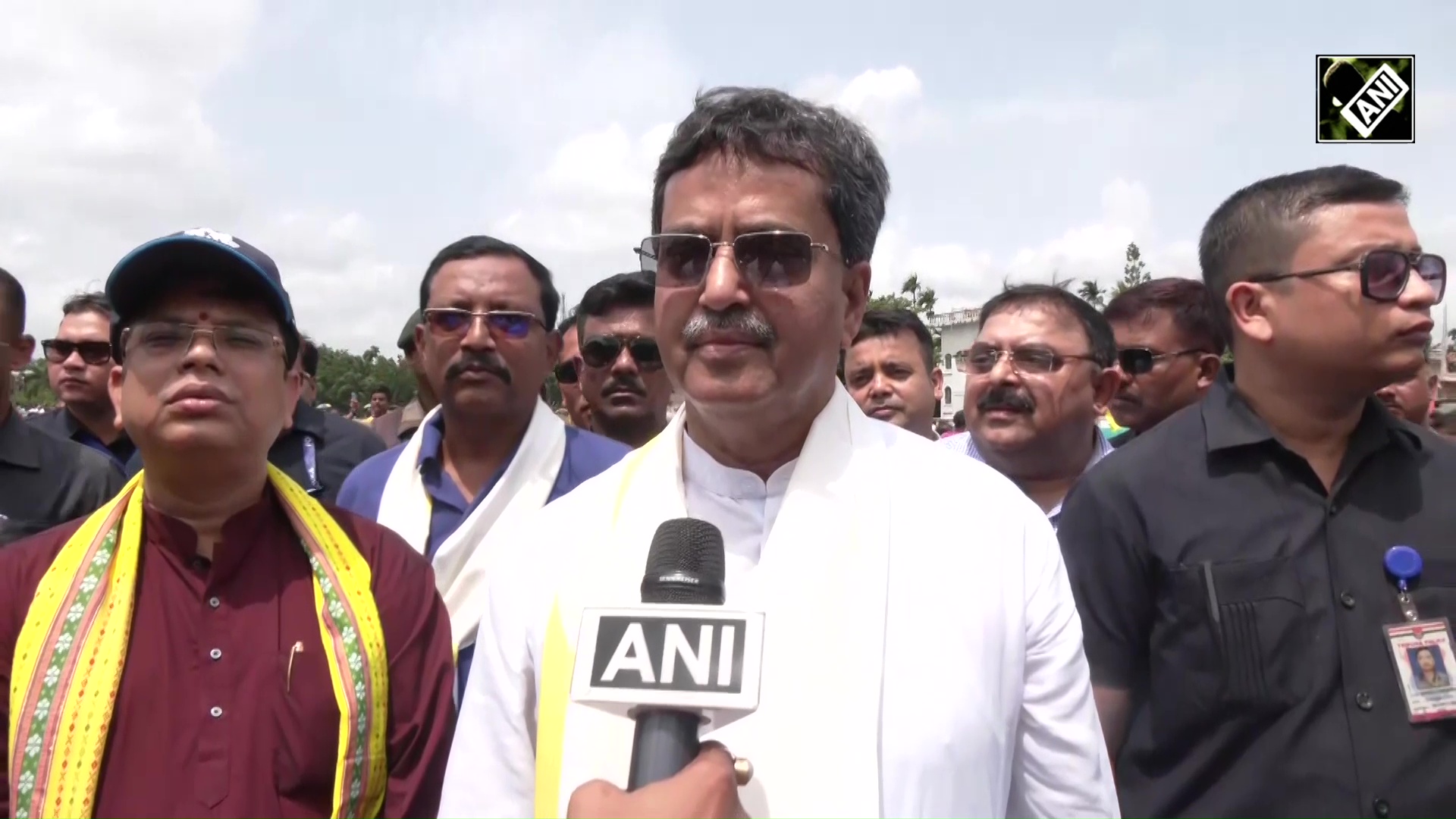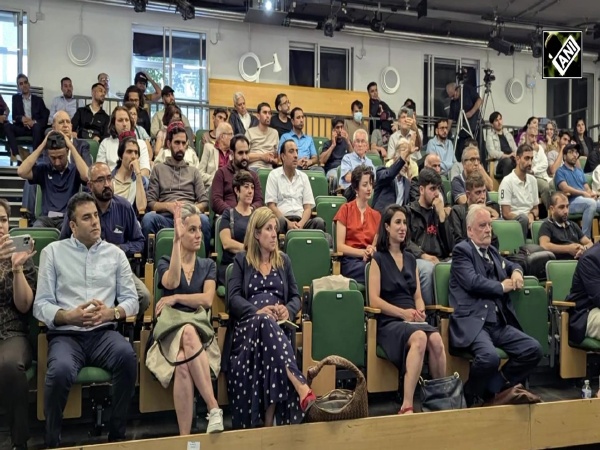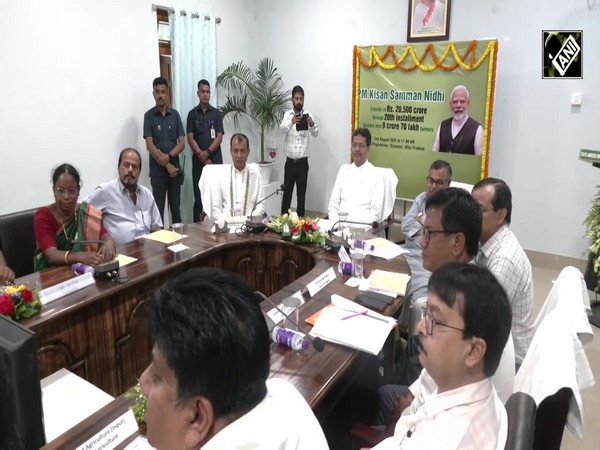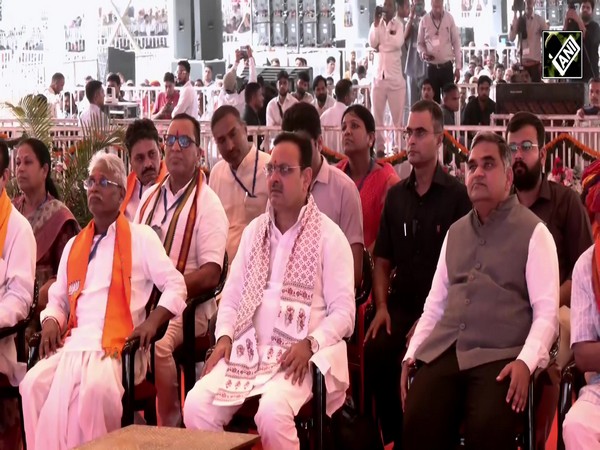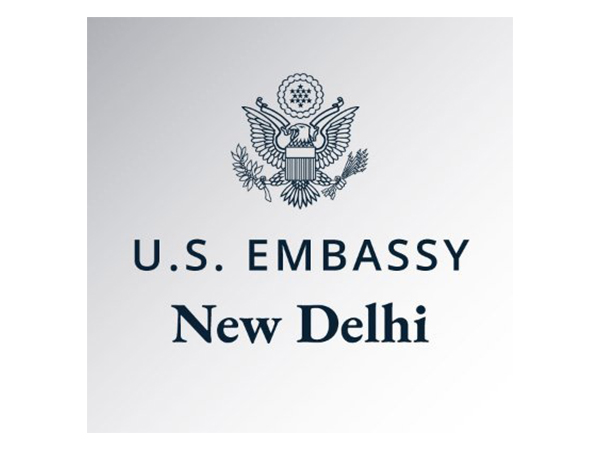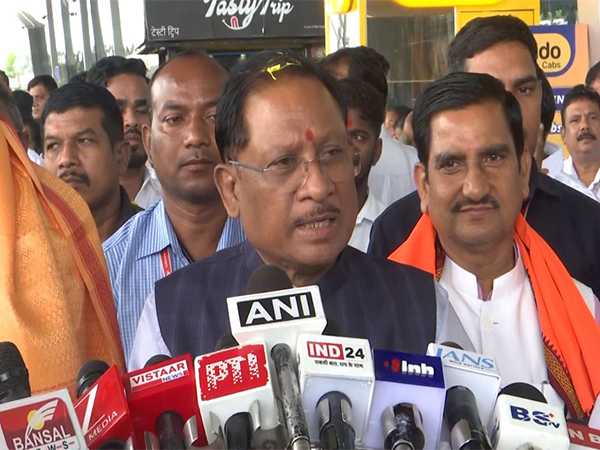
Health revolution in Chhattisgarh's Bastar: Over 130 institutions get national quality certification, over Rs 8 cr aid provided under 'Niyad Nellanar' scheme
Aug 04, 2025
Raipur (Chhattisgarh) [India], August 4 : Bastar division of Chhattisgarh is witnessing a remarkable transformation in healthcare services due to the proactive governance of Chief Minister Vishnu Deo Sai and the effective implementation of people-centric health schemes.
From national-level quality certifications to specialist recruitments and direct health assistance, the numbers tell a compelling story of inclusive development reaching even the remotest corners of the Naxal-affected belt.
Between January 1, 2024, and June 16, 2025, as many as 130 health institutions in the Bastar division have been certified under the National Quality Assurance Standards (NQAS). These include 1 district hospital, 16 Primary Health Centres (PHCs), and 113 Sub-Health Centres (SHCs), a release said on Monday.
Notably, 14 institutions in the highly sensitive districts of Kanker, Bijapur, Sukma, and Dantewada have achieved certification, reflecting the government's deep commitment to service delivery even under challenging conditions. An additional 65 facilities are currently undergoing the certification process.
To further expand access, the state government has accelerated Ayushman card enrolments under the Niyad Nellanar Scheme. In just one year, 36,231 Ayushman cards have been generated in the division, achieving a 52.6% coverage. As a result, 6,816 beneficiaries have availed health assistance worth Rs 8.22 crore, providing real, timely relief to thousands of families.
To support this expanding system, the state has significantly bolstered medical staffing. In the past 18 months alone, 33 medical specialists, 117 medical officers, and one dental surgeon have been appointed in the Bastar division.
Additionally, 75 state-level and 307 district-level staff and managerial positions have been filled, while recruitment for 291 more posts is underway. These efforts are not only enhancing the availability of services but also raising the bar for quality and efficiency across the board.
Speaking on the occasion, Chief Minister Vishnu Deo Sai expressed satisfaction over the consistent improvement and reach of healthcare in Bastar. He credited this change to the active involvement of Mitanins, health workers, and departmental staff, whose collective commitment has made the impossible possible.
"Bastar has always been a focus area for our government, and we are committed to strengthening it further," he said.
Health Minister Shyam Bihari Jaiswal reiterated the state's objective of ensuring uniform quality healthcare across Chhattisgarh. He highlighted the ongoing Malaria-Free Campaign in Bastar, which involves door-to-door testing, immediate treatment, and awareness initiatives. Under NQAS, health institutions across the state--and especially in Bastar--have achieved model-level performance, he noted.
The state government has made it a clear priority to extend healthcare access to Naxal-affected districts like Kanker, Bijapur, Sukma, and Dantewada. Citizens in these regions are now benefiting from quality health services, something once considered a distant dream. This transformation stands as testimony to CM Sai's vision, strategic focus, and mission-mode execution in the healthcare sector.
To personally review these advancements, Health Minister Jaiswal will embark on a three-day visit to Bastar from August 5 to 7, accompanied by senior health officials and technical experts. The itinerary includes inspections of major district hospitals and medical colleges, review meetings of autonomous bodies, evaluation of the Malaria-Free Bastar campaign, and field visits to remote villages in Bijapur and Sukma for a firsthand assessment.
The transformation underway in Bastar under CM Vishnu Deo Sai's leadership demonstrates that when intent is pure, policies are practical, and systems are committed, even the most difficult regions can change for the better. Bastar is now emerging from the shadows of neglect and conflict, carving a new identity rooted in development and empowerment. The healthcare revolution in Bastar is not just a local success--it is a national model worth emulating.
